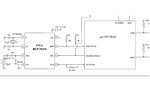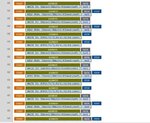nayakajit87
Member level 5
Here is simple code written to communicate with I2c device.
I could not able to get any Start bit.weather below code is correct. I have used MCC generated code library ,



I could not able to get any Start bit.weather below code is correct. I have used MCC generated code library ,
Code C# - [expand]



Last edited by a moderator:



